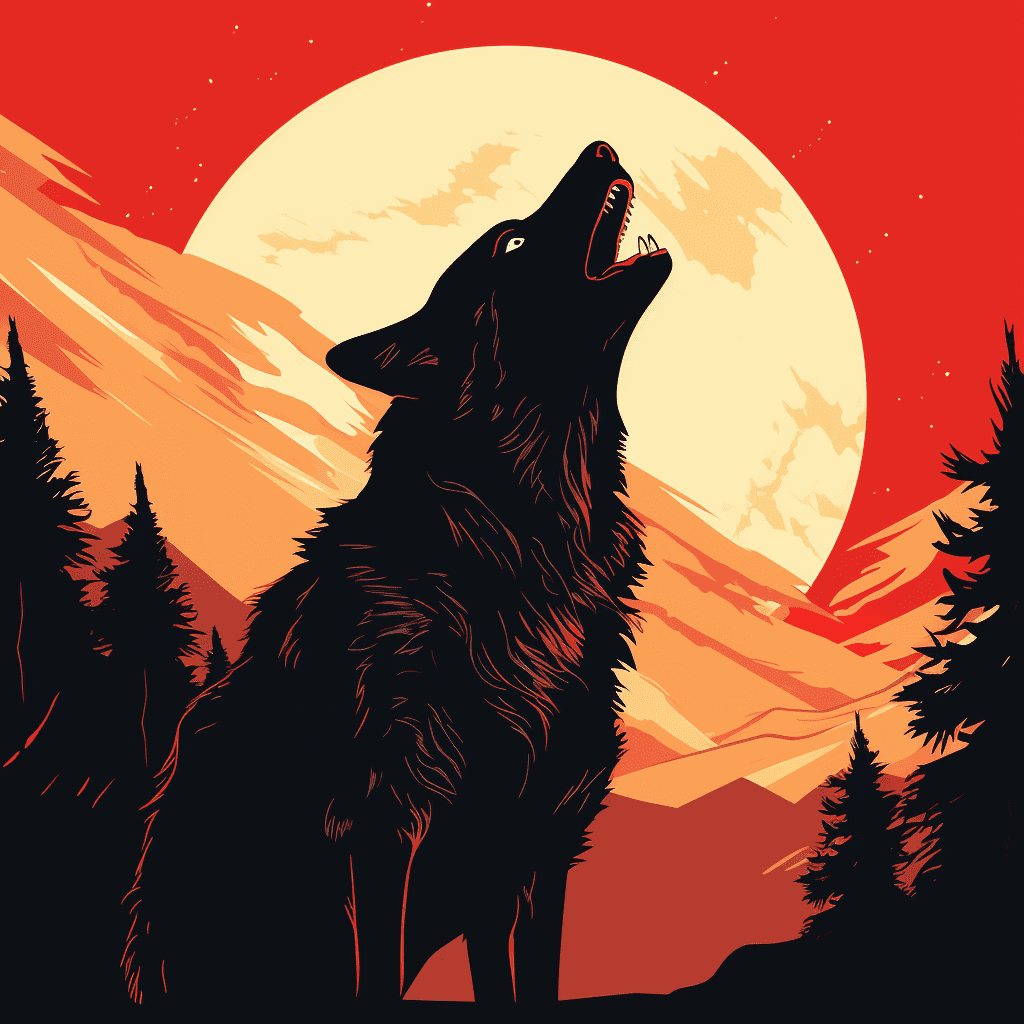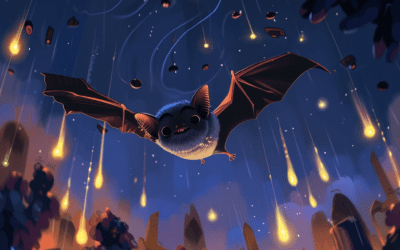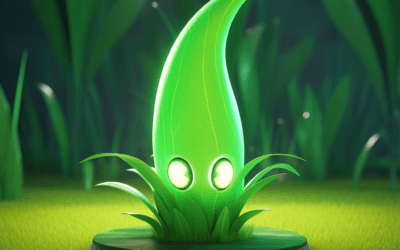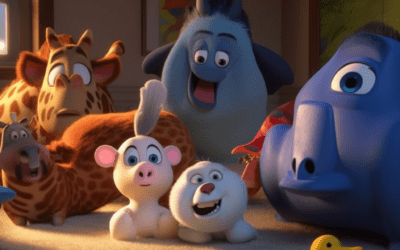Why Do Wolves Howl at the Moon?
Wolves are fascinating creatures, known for their distinctive howling. Have you ever wondered why wolves howl at the moon? Let’s explore the reasons behind this intriguing behavior.
Communication and Social Bonds
Wolves howl to communicate with each other. They have unique howling voices that help them recognize their pack members, even from a distance. By howling, wolves can convey different messages, such as marking their territory or calling the pack together for a hunt. Howling helps them stay connected and maintain strong social bonds.
Claiming Their Territory
Wolves are territorial animals, and howling serves as a way to announce and defend their territory. By howling at night, they let other wolf packs know that the area is already claimed. It helps prevent conflicts and establishes boundaries between packs. The moon is just a convenient light source that allows them to see and be heard more clearly.
Expressing Emotions
Sometimes, wolves howl to express their feelings. They might howl when they are excited, fearful, or lonely. Howling is a way for wolves to share their emotions with their pack and seek comfort or support. It is like their special language to express themselves when words are not enough.
Coordination and Finding Each Other
Wolves often howl when they are apart from their pack members. Howling helps them coordinate and find each other, especially when they are in unfamiliar or vast territories. The sound of their howls carries through the air and echoes in the surroundings. This way, wolves use the moonlit night to stay connected and locate their pack.
Following their Ancient Instincts
Lastly, howling at the moon is a behavior that wolves have inherited from their ancient ancestors. It is believed that wild wolves howled to communicate with the moon, as they thought it was a powerful deity. Although wolves now understand the moon is not a divine creature, this instinctual behavior has been passed down through generations.
In conclusion, wolves howl at the moon as a means of communication, claiming their territory, expressing emotions, coordinating with their pack, and following ancient instincts. It is a natural behavior that helps them stay connected and survive in the wild. Howling is just one of the many amazing things about these majestic creatures!












